Filter by
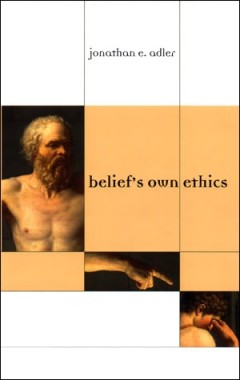
Belief's own ethics
"A Bradford book."The fundamental question of the ethics of belief is "What ought one to believe?" According to the traditional view of evidentialism, the strength of one's beliefs should be proportionate to the evidence. Conventional ways of defending and challenging evidentialism rely on the idea that what one ought to believe is a matter of what it is rational, prudent, ethical, or personall…
- Edition
- -
- ISBN/ISSN
- 9780262266826
- Collation
- 1 online resource (xv, 357 pages)
- Series Title
- -
- Call Number
- -
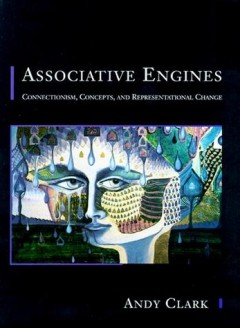
Associative engines :connectionism, concepts, and representational change
"A Bradford book."Connectionist approaches, Andy Clark argues, are driving cognitive science toward a radical reconception of its explanatory endeavor. At the heart of this reconception lies a shift toward a new and more deeply developmental vision of the mind - a vision that has important implications for the philosophical and psychological understanding of the nature of concepts, of mental ca…
- Edition
- -
- ISBN/ISSN
- 9780262270427
- Collation
- 1 online resource (xiii, 252 pages) :illustrations
- Series Title
- -
- Call Number
- -
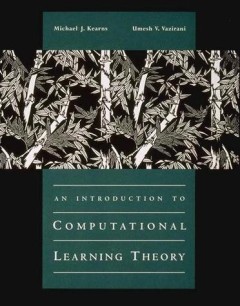
An introduction to computational learning theory
Emphasizing issues of computational efficiency, Michael Kearns and Umesh Vazirani introduce a number of central topics in computational learning theory for researchers and students in artificial intelligence, neural networks, theoretical computer science, and statistics.Computational learning theory is a new and rapidly expanding area of research that examines formal models of induction with th…
- Edition
- -
- ISBN/ISSN
- 0585350531
- Collation
- 1 online resource (xii, 207 pages) :illustrations
- Series Title
- -
- Call Number
- 005 KEA i
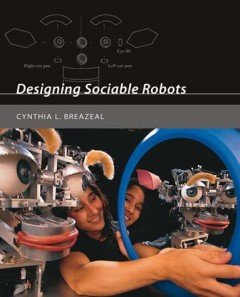
Designing sociable robots
"A Bradford book."Cynthia Breazeal here presents her vision of the sociable robot of the future, a synthetic creature and not merely a sophisticated tool. A sociable robot will be able to understand us, to communicate and interact with us, to learn from us and grow with us. It will be socially intelligent in a humanlike way. Eventually sociable robots will assist us in our daily lives, as colla…
- Edition
- -
- ISBN/ISSN
- 9780262255837
- Collation
- 1 online resource (xviii, 263 pages) :illustrations.
- Series Title
- -
- Call Number
- -
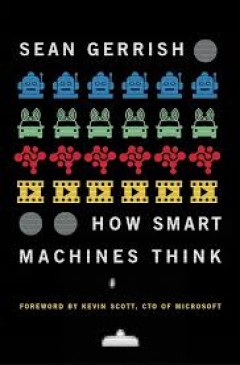
How Smart Machines Think
The future is here: Self-driving cars are on the streets, an algorithm gives you movie and TV recommendations, IBM's Watson triumphed on Jeopardy over puny human brains, computer programs can be trained to play Atari games. But how do all these thingswork? In this book, Sean Gerrish offers an engaging and accessible overview of the breakthroughs in artificial intelligence and machine learning t…
- Edition
- -
- ISBN/ISSN
- 9780262347938
- Collation
- 1 online resource (xiv, 298 pages)
- Series Title
- -
- Call Number
- -

Philosophy and AI :essays at the interface
"A Bradford book."OCLC-licensed vendor bibliographic record.
- Edition
- -
- ISBN/ISSN
- 9780262315951
- Collation
- 1 online resource (xi, 304 pages) :illustrations
- Series Title
- -
- Call Number
- -
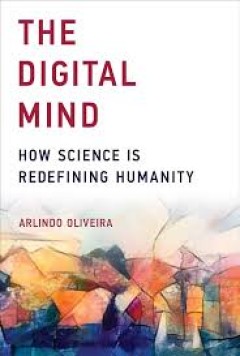
The Digital Mind: How Science Is Redefining Humanity
How developments in science and technology may enable the emergence of purely digital minds -- intelligent machines equal to or greater in power than the human brain.OCLC-licensed vendor bibliographic record.
- Edition
- -
- ISBN/ISSN
- 9780262338394
- Collation
- 1 online resource (xxii, 317 pages) :illustrations.
- Series Title
- -
- Call Number
- -
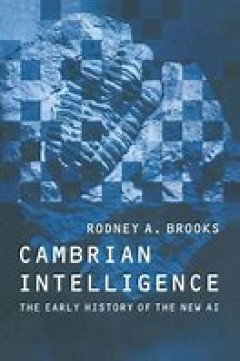
Cambrian Intelligence: The Early History of the New AI
"Bradford Books."Until the mid-1980s, AI researchers assumed that an intelligent system doing high-level reasoning was necessary for the coupling of perception and action. In this traditional model, cognition mediates between perception and plans of action. Realizing that this core AI, as it was known, was illusory, Rodney A. Brooks turned the field of AI on its head by introducing the behavior…
- Edition
- -
- ISBN/ISSN
- 9780262269322
- Collation
- 1 online resource (xii, 199 pages) :illustrations.
- Series Title
- -
- Call Number
- -
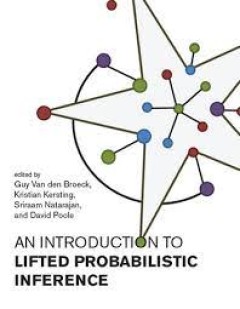
An introduction to lifted probabilistic inference
"The book presents an introduction to, and an authoritative guide, for anyone interested in the problem of probabilistic inference in the presence of symmetries/structured models"--OCLC-licensed vendor bibliographic record.
- Edition
- -
- ISBN/ISSN
- 0262365596
- Collation
- 1 online resource.
- Series Title
- -
- Call Number
- -

The Subtlety of Sameness: A Theory and Computer Model of Analogy-Making
A Bradford book."The research described in this book is based on the premise that human analogy-making is an extension of our constant background process of perceiving--in other words, that analogy-making and the perception of sameness are two sides of the same coin.Foreword by Daniel DennettWhile it is fashionable today to dismiss the "bad old days" of artificial intelligence and rave about em…
- Edition
- -
- ISBN/ISSN
- 9780262273183
- Collation
- 1 online resource (xvi, 190 pages) :illustrations
- Series Title
- -
- Call Number
- -
 Computer Science, Information & General Works
Computer Science, Information & General Works  Philosophy & Psychology
Philosophy & Psychology  Religion
Religion  Social Sciences
Social Sciences  Language
Language  Pure Science
Pure Science  Applied Sciences
Applied Sciences  Art & Recreation
Art & Recreation  Literature
Literature  History & Geography
History & Geography